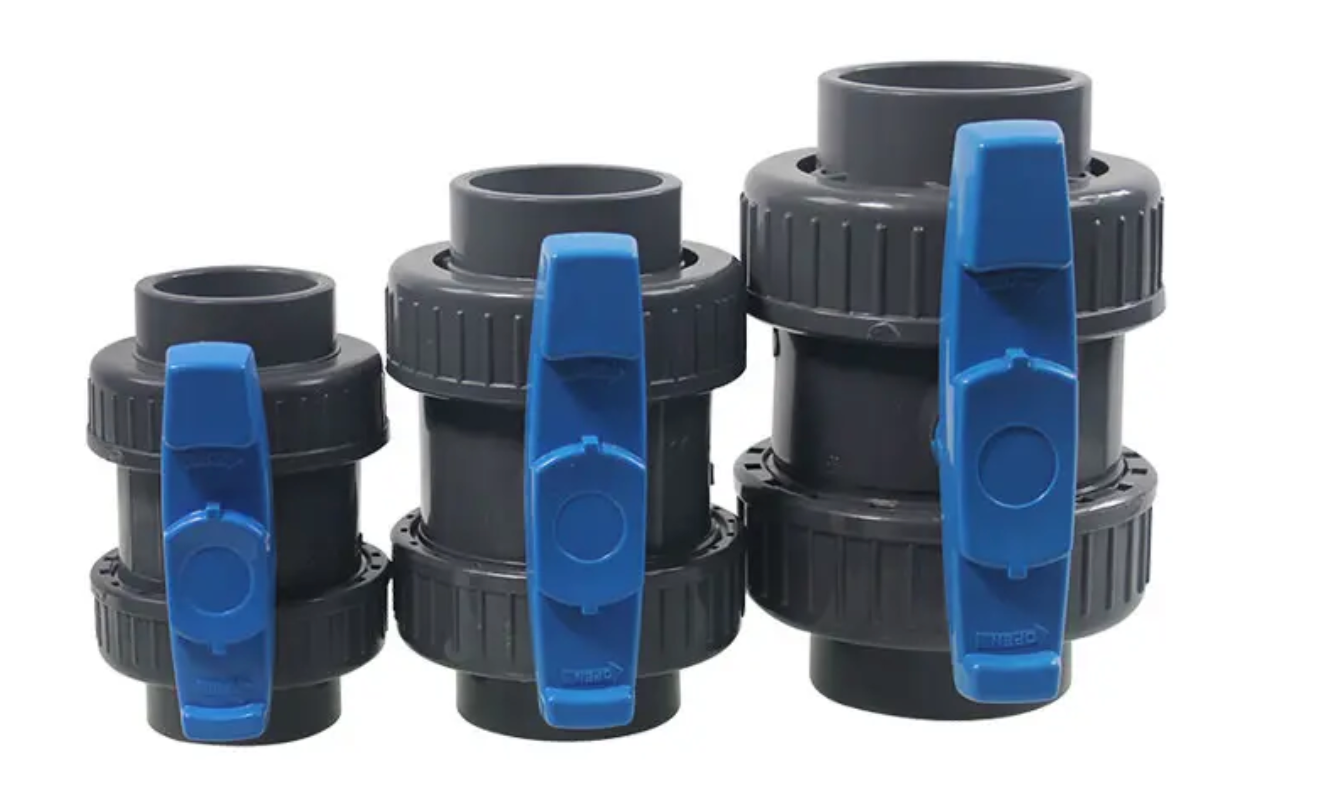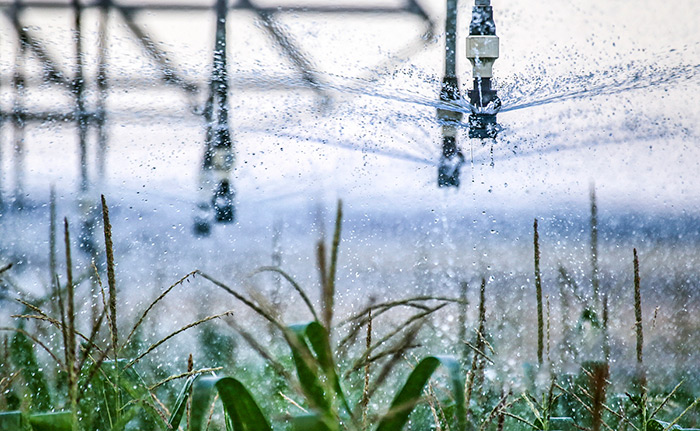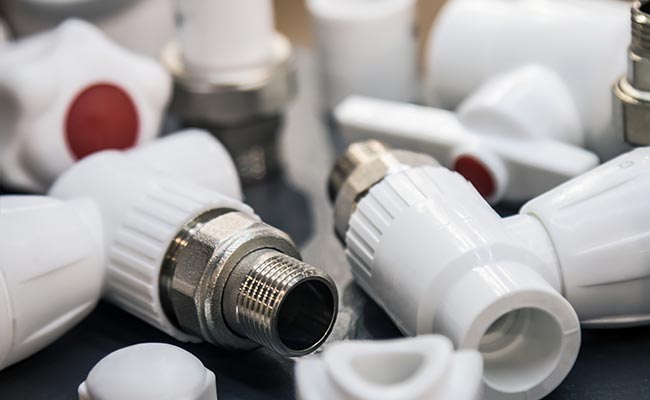
PVC True Union Ball Valves bring a mix of durability, easy maintenance, and reliable flow control to any project. Users love their strong resistance to rust, chemicals, and sunlight. With a design that pops apart for quick cleaning, these valves save time and money. They suit everything from water treatment to chemical processing.
Key Takeaways
- PVC True Union Ball Valves offer quick and easy maintenance with a design that allows removal without cutting pipes, saving time and reducing downtime.
- These valves resist rust and chemicals well, making them durable and ideal for many uses like water treatment, irrigation, and pools.
- They provide reliable flow control with simple installation using common tools, helping users save money on repairs and keep systems running smoothly.
Easy Maintenance and Installation with PVC True Union Ball Valve

True Union Design for Quick Removal
Picture a plumber’s dream: a valve that pops out of the pipeline without a single pipe cut. That’s the magic of the true union design. Unlike old-school ball valves, which demand hacksaws and a lot of elbow grease, the PVC True Union Ball Valve uses threaded union nuts. These nuts hold the valve body snugly between two connectors. When maintenance time rolls around, a quick twist of the union nuts lets the valve body slide right out. No need to shut down the whole system or call in a demolition crew.
Fun Fact: Maintenance or replacement of this valve takes only about 8 to 12 minutes—about 73% faster than traditional valves. That means less downtime and more time for the important stuff, like lunch breaks or finishing the job early.
Here’s a quick comparison:
| Feature | Standard Ball Valve | True Union Ball Valve |
|---|---|---|
| Installation | Pipe must be cut for removal | Valve body unscrews, no pipe cutting needed |
| Maintenance | Tedious and time-consuming | Fast and simple, minimal disruption |
Simple Cleaning and Replacement
Maintenance with a PVC True Union Ball Valve feels more like assembling a toy than fixing industrial equipment. The process goes like this:
- Unscrew the unions at each end.
- Pull the handle straight out.
- Twist the handle to remove the seal carrier.
- Push the ball out of the valve body.
- Pop the stem out through the body.
After taking it apart, users can clean every nook and cranny. A quick inspection for dirt or grit, a wipe-down, and the valve is ready for reassembly. Regular cleaning and timely replacement of seals keep the valve running smoothly for decades—some say even up to 100 years! That’s longer than most people keep their pets.
Tip: Clean the valve every few months, check for cracks or leaks, and use high-quality replacement parts for the best results.
No Special Tools Required
Forget the toolbox full of fancy gadgets. Installing or maintaining a PVC True Union Ball Valve usually calls for just a standard wrench. The valve’s body flats help keep things steady, so the valve doesn’t spin while tightening. No need for heavy-duty tools, lubricants, or special gear. Even a beginner can handle the job without breaking a sweat.
- Standard wrenches do the trick.
- No pipe cutting or complicated steps.
- No need for lubricants that could harm the valve.
Note: If the valve feels stiff, a gentle back-and-forth motion and a little lubricant spray on the moving parts will get things moving again. Always remember to flush the system to keep debris at bay.
With this user-friendly design, anyone can install, clean, or replace a PVC True Union Ball Valve quickly and confidently. Maintenance becomes a breeze, not a chore.
Durability, Versatility, and Reliable Flow Control of PVC True Union Ball Valve
Corrosion and Chemical Resistance
A PVC True Union Ball Valve laughs in the face of rust and chemical attack. Unlike metal valves that can corrode or pit when exposed to harsh chemicals, this valve stands strong against acids, alkalis, and salts. Its body, stem, and ball use UPVC or CPVC, while the seals and O-rings feature EPDM or FPM. This combination creates a fortress against corrosion and chemical wear.
Check out this quick comparison:
| Aspect | PVC True Union Ball Valves | Metal Valves (Stainless Steel) |
|---|---|---|
| Chemical Resistance | Highly resistant to a wide range of chemicals, acids, alkalis, and salts; excellent for corrosive materials | Resistant to corrosion generally but susceptible to damage from specific chemicals that PVC resists well |
| Corrosion | Non-corrosive, does not rust | Highly corrosion resistant but can corrode under certain chemical exposures |
| Temperature Tolerance | Limited; not suitable for high temperatures or prolonged sunlight exposure | Can handle higher temperatures and outdoor use |
| Durability | May suffer plasticizer leakage over time, reducing durability | More durable under high pressure and temperature |
| Cost and Maintenance | More cost-effective and easier to maintain | More expensive, but stronger and more durable |
Tip: For chemical processing, water treatment, or pool systems, this valve keeps the flow clean and the pipes safe.
Suitable for Multiple Applications
The PVC True Union Ball Valve is a true chameleon. It fits right in with irrigation systems, chemical plants, water treatment facilities, and even backyard pools. Its lightweight design and easy installation make it a favorite for both pros and DIYers.
- Industrial sites use it for handling aggressive chemicals.
- Farmers rely on it for drip irrigation and sprinkler systems.
- Pool owners trust it to keep water flowing and clean.
- Aquarium enthusiasts use it for precise water control.
The valve’s true union design means users can install it horizontally or vertically. The handle turns with a satisfying click, giving instant feedback on whether the valve is open or closed. Its adaptability shines in both small home projects and massive industrial setups.
Cost-Effective Solution
Nobody likes spending more than they have to. The PVC True Union Ball Valve delivers big savings over its lifetime. Its true union design allows for quick disassembly and reassembly—no need to cut pipes or shut down entire systems. This feature slashes labor costs and minimizes downtime.
- Replaceable parts extend the valve’s life.
- Maintenance is quick and easy, reducing operational interruptions.
- Chemical resistance means fewer replacements and repairs.
- Lower initial cost compared to metal valves.
Investing in this valve means more money stays in your pocket, and less time gets wasted on repairs.
Reliable Shutoff and Flow Management
When it comes to controlling the flow, this valve is a champion. The handle rotates the internal ball, allowing for a full-bore flow or a complete shutoff with just a quarter turn. The seals—made from EPDM or FPM—ensure a tight, leak-free closure every time.
- The valve prevents backflow, protecting pipes and equipment.
- Its design supports high-pressure systems, up to 150 PSI at room temperature.
- The full-bore opening reduces pressure drop and keeps flow rates high.
- Maintenance is a breeze, so the system stays reliable year after year.
Operators can trust the PVC True Union Ball Valve for precise flow control, whether in a busy factory or a peaceful backyard pond.
PVC True Union Ball Valve stands out in fluid control. Designers and experts praise its easy maintenance, strong durability, and reliable shutoff. Users enjoy quick cleaning, versatile mounting, and long service life.
- Used in water treatment, pools, and chemical plants
- Supports high pressure and easy servicing
- Trusted for safe, efficient flow control
FAQ
How long does a PVC True Union Ball Valve last?
A PVC True Union Ball Valve can keep working for decades. Some say it outlasts their goldfish. Regular cleaning helps it stay in top shape.
Can anyone install a PVC True Union Ball Valve?
Yes! Even a beginner can install it. The valve needs only a standard wrench. No special tools. No sweat. Just twist, tighten, and smile.
What fluids can this valve handle?
This valve tackles water, chemicals, and pool liquids. It shrugs off acids and salts. The sturdy materials make it a champion in many fluid adventures.
Post time: Aug-20-2025





